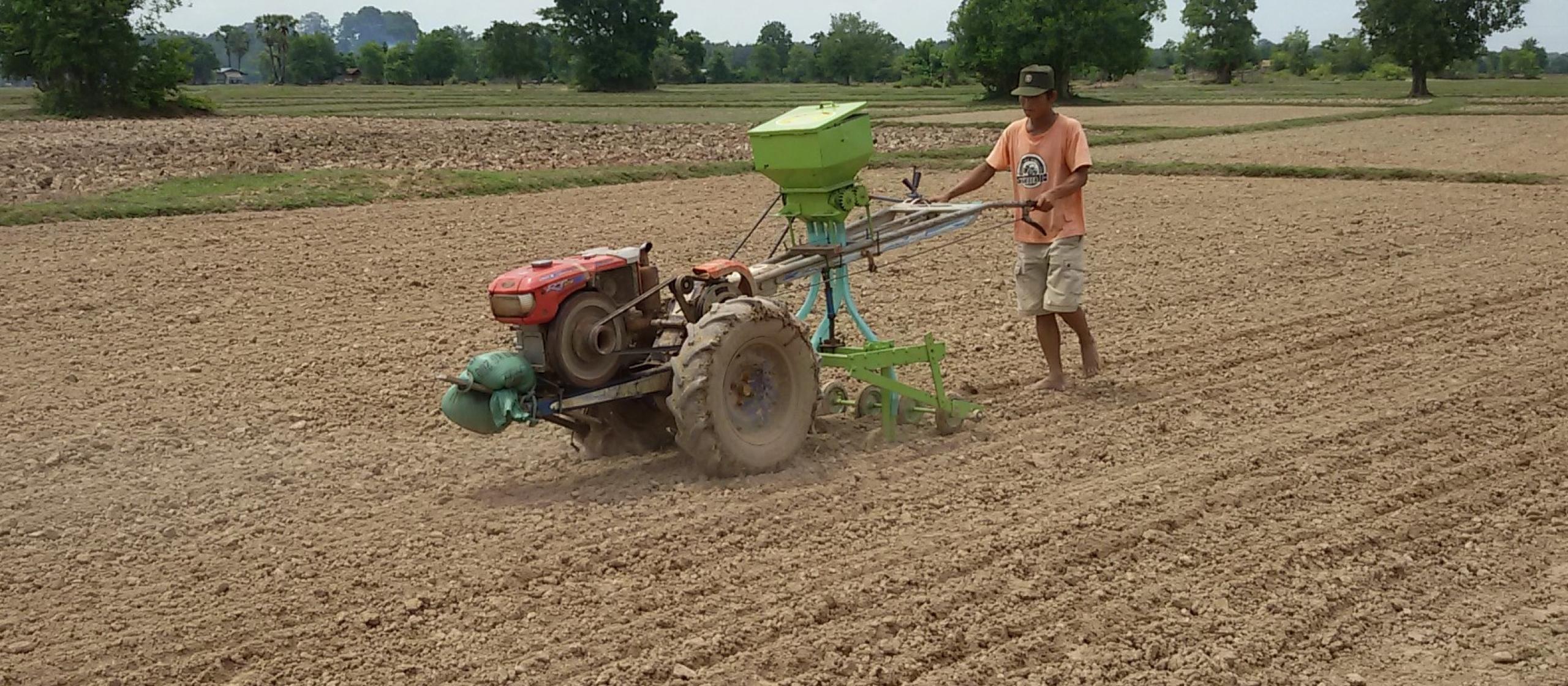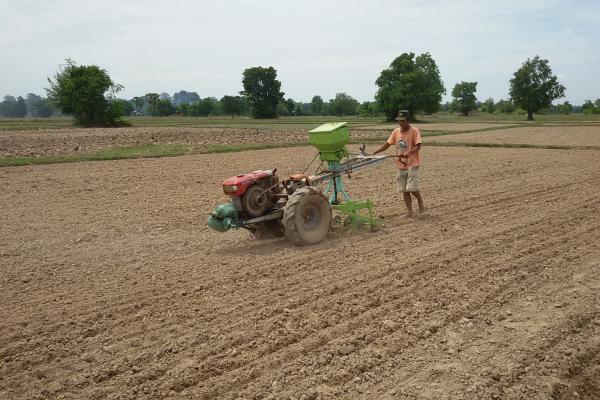- HomeHome
-
About ACIAR
- Our work
- Our people
-
Corporate information
- ACIAR Audit Committee
- Commission for International Agricultural Research
- Policy Advisory Council
- Agency reviews
- Executive remuneration disclosure
- Freedom of information (FOI)
- Gifts and benefits register
- Information publication scheme
- List of new agency files
- Contracts
- Legal services expenditure
- Privacy impact assessment register
- Commonwealth Child Safe Framework
- Benefits to Australia
- Careers
- 40 years of ACIAR
-
What we do
- Programs
- Cross-cutting areas
- Resources
- Where we work
-
Funding
- Research projects
- Fellowships
-
Scholarships
- John Allwright FellowshipScholarships to study in Australia for ACIAR partner country scientists to have Australian postgraduate qualifications
- ACIAR Pacific Agriculture Scholarships and Support and Climate Resilience Program
- Alumni Research Support Facility
- Publications
- News and Outreach
Date released
21 April 2020
By Sarina Macfadyen, ACIAR's Associate Research Program Manager for Farming Systems and Analysis
For many smallholder farmers, the adoption of new practices can bring significant benefits in terms of greater production, increased profits, and more time for other activities. However, there is always a plethora of challenges that farmers face in the wake of adoption, that if not addressed, can lessen benefits and in some cases force farmers to drop new technology and revert to old practices.
ACIAR research projects are not only focussed on the adoption phase of new technology but also on understanding these challenges and providing pre-emptive solutions for those farmers that are the first to try out new technology.
The adoption of direct seeding techniques in rice (DSR) in Lao PDR is a good example of this process.
DSR, which involves putting the rice seed in or on the soil surface using a seed drill machine or broadcasting by hand, has been quickly adopted by some farmers in Savannakhet Province in Southern Lao. It is progressively replacing the traditional method of transplanting small rice seedlings into a wet paddy field.
DSR can provide a range of benefits to farm households. When interviewd by Mr Phetsamone Simali (an extension officer from the Savannakhet Provinical Agriculture and Forestry Office), farmers like Mr. Vanxay described both the benefits and challenges of DSR. The complete interview can be seen below…
A research team led by Dr. Leigh Vial, supported by ACIAR, is documenting some of the challenges these farmers face.
The team discovered that the yield for DSR was generally slightly less than the yield farmers achieved using traditional transplanting methods. But, the farmers were adopting DSR because of the labour and cost savings.
Weeds were the foremost reason for the success or failure of DSR.
Managing weeds in DSR fields is a headache as the seed is planted in dry ground and therefore there is less standing water to suffocate the weed seeds. This leads to greater competition with the rice plant as it germinates. Only 6% of the farmers surveyed in 2018 used herbicides and most are reluctant to do so. ACIAR will commission a new project focusing on weed control in DSR fields, starting in July 2021.
While this project was focussed on identifying the challenges faced by early adopters of DSR, their knowledge and experience points us towards a few solutions to help farmers in this situation. For farmers in irrigation schemes, increasing the reliability of standing water early in the season may be a useful strategy. Delayed seeding might be useful in weedier fields, but farmers need to be aware of the increased risk of heavy rainfall. Using high-quality clean seed is even more important in DSR systems. This means the young plants germinate quickly, out-compete weeds and weed seeds are not introduced into the field with rice seed.
Finally, quite a few farmers found useful tips and information about DSR outside the formal extension system; speaking to friends and family, or hearing others’ experience on Facebook or YouTube.
Dr. Vial said “We need to help farmers in southern Lao share their own knowledge and experience for innovation. Formal extension and training programs are important, but to reach greater numbers of farmers we also need to help farmers experiment with ways of making DSR work for them in their own context, and sharing those experiences with their community. There is a wealth of good farmer DSR experience and innovation out there now.”
For every farmer that uses DSR now, there are a number of farmers who wish to use it soon to allow them to take other opportunities with the time saved.
But crop failure can be costly for these farm households, undoing all the benefits and more. ACIAR supported research is important for making sure the benefits of this new technology are realised by as many smallholder farmers as possible.
View additional videos with farmers sharing their experiences in Lao language.




